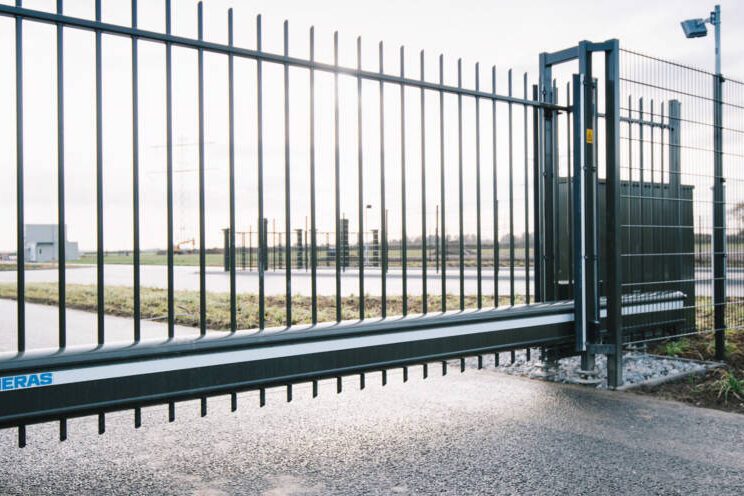Cutting funding for police will lead to a higher crime rate. That’s according to a study by Civitas, the Institute for the Study of Civil Society.
It found a strong relationship between the level of policing and rates of crime in 29 European countries including England & Wales, Scotland and Northern Ireland.
The government has announced a 20 per cent real terms reduction in police funding over the next four years, starting with a six per cent cut this year. The government has admitted that the cuts will be challenging for the police who will struggle to avoid cutting frontline officers.
So the police are facing significant reductions in staffing but what will be the impact on the public?
Civitas says that its study shows there is a strong correlation between the size of police services and national crime rates. Taking data for 2006 from the European Sourcebook of Crime and Criminal Justice Statistics, it compared the number of police officers per 100,000 population and recorded offences per 100,000 population.
Civitas says, “A nation with a larger proportion of police officers is somewhat more likely to have a lower crime rate. A nation with fewer police is more likely to have a higher crime rate. For example, England and Wales currently has a smaller number of police officers per 100,000 than the European average and has a higher crime rate than average.”
They claim that their findings are consistent with other academic reports about police and crime in England and Wales.
“The most robust studies suggest that successful police interventions are associated with the most significant reductions in crime, more than other criminal justice interventions and also many economic and social factors,” Civitas says, adding that both detection rates and conviction rates are better in countries with more police.
A 2005 study by Cambridge University found that robbery, assault and rape showed the greatest increases when police numbers fell.
A 1999 paper in the British Journal of Criminology found that police presence had “a particularly strong impact on vehicle crime”.
And a 2010 paper from academics at the University of Birmingham found violent crime and property crime were both affected by greater numbers of police because detection rates increased.
Civitas commented: “While police numbers and resources are far from the only contributor to police effectiveness, it seems highly unlikely that the swingeing cuts now being enacted will be made without significantly decreasing detection rates.
“The result will be that offenders will be able to engage in criminal acts with a reduced risk of being caught and sanctioned, making criminal acts less risky and more attractive for potential offenders. As a result, it is possible that recent falls in crime will be halted or even reversed. Members of the public are at greater risk of crime in the coming year.”
The Civitas study was written by Birmingham University economist Siddhartha Bandyopadhyay.
Editor’s comment:

“Strong and negative relationship” is the academic’s way of saying that as one thing goes down, the other goes up – ie, fewer police leads inevitably to more crime.
And just how that occurs is the interesting bit for the security industry: it’s because detection rates will go down.
Critics of security technology – the anti-CCTV brigade in particular – often criticise CCTV by claiming it is ineffective at deterring crime. Whether you accept that view or not, there is something security technology is very good at and that is detecting crime.
CCTV in particular is very good at providing evidence. And detection plus evidence leads to investigations, identifications and ultimately arrests and convictions.
SecurityNewsDesk supports the police services and believes that cutting police numbers is a very short-sighted response to the budget crisis. Crime is bound to rise in a recession and cutting police numbers will only cause it to rise faster.
However, if budget cuts are unavoidable then the government must invest in security to help the remaining police officers do their job more efficiently.
The government should protect budgets for CCTV and do what it can to encourage businesses to invest in security technology which will help the police.










